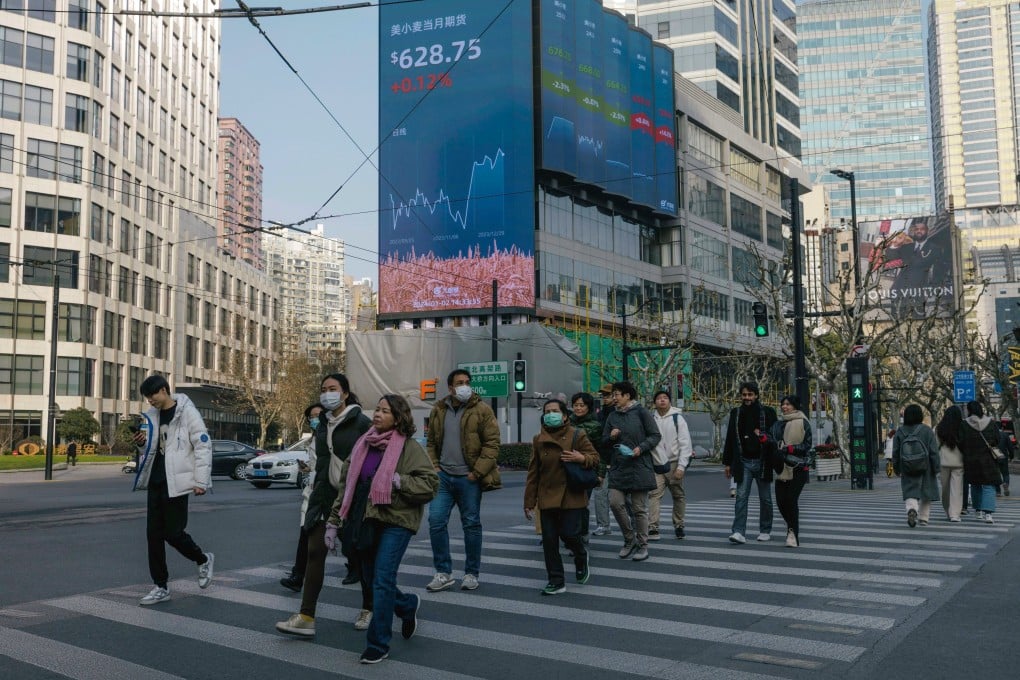China’s central bank drops hints at future bond trades, answering calls for muscular monetary action
- The People’s Bank of China has come out in favour of trading bonds on the secondary market, indicating a more vigorous monetary policy is on the cards
- Move would suggest a greater willingness to adopt more radical methods to support economic growth, in contrast with earlier conservative stances

“The central bank’s trading of treasury bonds in the secondary market can be used as a liquidity management method and a reserve of monetary policy tools,” the Financial News – a publication backed by the People’s Bank of China – quoted an unnamed official as saying in an article on Tuesday.
The commentary on the viability of a US-style “money printing” programme came as speculation grows over the likelihood of a more assertive liquidity boost from Beijing.
This may not be an ordinary monetary policy supplement, but a major policy shift
Unlike the US and Europe, in China a “monetising budget deficit” – where a central bank buys debt issued by the government to cover fiscal deficits – remains controversial.
“The market scale of Chinese sovereign bonds ranks third globally and liquidity has improved significantly, which provides a possibility for the central bank’s transaction of sovereign bonds in the secondary market,” the PBOC official said.
Despite the bank’s characteristically cautious wording, analysts said it could represent a significant change in approach.
“If the central bank increases the purchase of government bonds to implement money injection in the future, this may not be an ordinary monetary policy supplement, but a major policy shift,” said Huajin Securities in a note on Wednesday.
